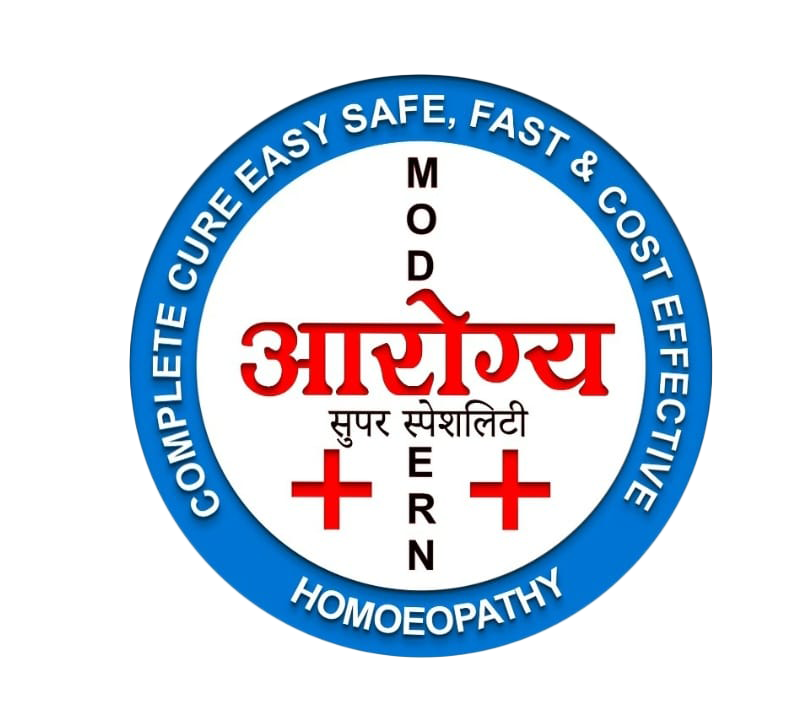
Introduction
Homeopathy is a system of alternative medicine that uses highly diluted natural substances to treat various ailments. While homeopathy is often associated with general wellness and common ailments, it can also be used to address cardiac conditions. This article will discuss the use of homeopathy in treating cardiac conditions, including the principles of homeopathy, commonly used remedies, and the effectiveness of homeopathy in treating cardiac conditions.
The Principles of Homeopathy
The basic principle of homeopathy is that the substance that causes a symptom in a healthy person can also be used to treat that symptom in a person who is ill. This is known as the "law of similars," and it forms the foundation of homeopathic treatment. The remedies used in homeopathy are highly diluted and are believed to stimulate the body's natural healing process.
Homeopathy is a holistic approach to healing that takes into account the whole person, including their physical, emotional, and spiritual well-being. A homeopath will typically spend a significant amount of time with a patient, discussing their symptoms, medical history, and overall health to determine the best course of treatment.
Commonly Used Remedies
There are many different homeopathic remedies that can be used to treat cardiac conditions. Some of the most commonly used remedies include Arsenicum album, Aconitum napellus, and Crataegusoxyacantha.
Arsenicum album is a commonly used homeopathic remedy for cardiac conditions such as angina and heart attack. It is made from the extract of the element arsenic, and is used to treat symptoms such as chest pain, anxiety, and a feeling of impending doom.
Aconitum napellus is a commonly used homeopathic remedy for cardiac conditions such as heart palpitations and high blood pressure. It is made from the extract of the Aconitum plant, and is used to treat symptoms such as a rapid heartbeat and a feeling of tightness in the chest.
Cartagesoxyacantha is a homeopathic remedy that is used to treat symptoms of heart failure. It is made from the extract of the hawthorn plant, and is used to treat symptoms such as fatigue, shortness of breath, and a feeling of weakness.
Effectiveness of Homeopathy
The effectiveness of homeopathy in treating cardiac conditions is a topic of on-going debate within the medical community. While some studies have suggested that homeopathy may provide relief from symptoms, others have found little to no benefit.
It is important to note that homeopathy should not be used as a replacement for conventional medical treatment for serious or life-threatening conditions. It is important to consult with a qualified homeopath or healthcare professional before starting any homeopathic treatment.
In conclusion, homeopathy offers a holistic approach to treating cardiac conditions by addressing the specific symptoms of the condition and using highly diluted natural substances. It is important to consult with a qualified practitioner before starting any homeopathic treatment and not to use it as a replacement for conventional medical treatment. However, more research is needed to understand the effectiveness of homeopathy in treating cardiac conditions.
Conclusion: Homeopathy is a system of alternative medicine that uses highly diluted natural substances to treat various ailments. While homeopathy is often associated with general wellness and common ailments, it can also be used to address cardiac conditions
